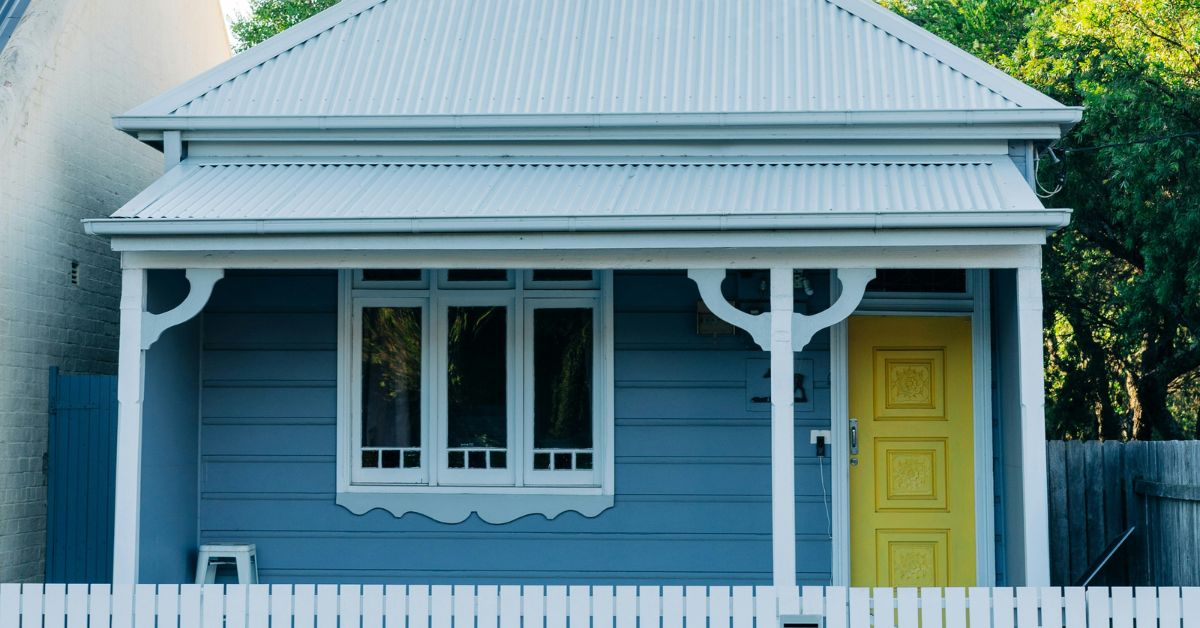By: Ben McEachen
Buying or renting is not a competition. We all have to live somewhere, and our options tend to boil down to: rent or buy.
But the weight of public opinion and cultural emphasis in Australia has long been towards buying a place to live.
We tend to believe that buying is best and beats renting, hands down. Renting has become the loathed or mocked phase you find yourself in, on the way to buying a place.
Such a sneering attitude does not match Australia’s reality, though.
In a recent interview, accountant Pete Burrows suggests the conversation must change around renting and buying in Australia. Along with financial benefits of renting, Pete unveiled the major issue buried beneath the battleground of Australian dwellings.
The Great Australian Dream?
The idea of owning a home in Australia is becoming increasingly unattainable, particularly for first-time buyers.
Surging property prices, rising interest rates and decades of incentivised investment have contributed to an expensive housing market.
When people were first buying homes two to three decades ago, being able to save a significant deposit within five years was common.
“But the amount of time now to save for a 20 per cent deposit to buy a house in, say, Sydney is more like 10 to 12 years,” Pete said.
According to ANZ CoreLogic Housing Affordability Report for the first quarter of 2024, “the portion of median income required to service a new mortgage reached a series high of 48.9 per cent nationally”.
Put more simply, almost half of an Australian’s income goes toward paying off a new mortgage. That’s the highest income-to-mortgage ratio recorded by the regular Housing Affordability Reports.
Given the increased unaffordability of buying a home, renting in Australia is no longer “just” a temporary solution. For so many, it is long-term and demands that we shift the way we think and talk about renting.
“Rent money is dead money” is not the full story
For a long time, “rent money is dead money” has been a common retort in Australia. With no asset being secured, “dead money” is an argument against renting.
However, Pete Burrows pointed out that “we all have to live somewhere” and that always comes at a cost.
One of those costs for mortgage holders is paying interest, which Pete described as “the cost of borrowing money”.
Paying interest on a mortgage is “dead money” paid for housing.
While it’s surprised that more of us do not acknowledge this, Pete also shared other financial benefits to renting.
Renters often have fewer financial commitments than homeowners, as they aren’t responsible for property maintenance costs or interest payments on a mortgage. This potentially frees up more income for other investments.
A significant barrier to these financial benefits, though, is Australia also seeing a sharp rise in rental prices.
When it came to income-to-rent ratio for new rents in the first quarter of 2024, ANZ CoreLogic Housing Affordability Report found another record had been set.
More than 30 per cent of a median income in Australia was required to pay rent, a “new high” for this Report.
Along with that stark reality, renting in Australia continues to provide less long-term certainty. Within the ongoing struggle of rental security, Pete raised the benefit of mobility.
Pete’s sibling rented for a long time and moved to different areas of Sydney. They experienced different communities and lifestyles, offering a more enriched understanding of their city compared with homeowner Pete who largely remained in the one spot.
Re-Evaluating Financial Goals
As the reality sets in that many may never own a home in Australia, this uncovers a major issue buried beneath the battleground or buying versus renting.
Financial conversations with younger people, in particular, can no longer be exclusively about saving for a home deposit. With the changed housing landscape comes a shift to broader, more varied financial planning.
“Maybe we’ve got to say to our kids, ‘We want to help you achieve some of your financial goals’, rather than ‘We’ll help you get a house,’” said Pete.
This flexible approach means parents, caregivers and financial advisors should adjust their advice and recommendations.
Instead of narrowly focusing on buying a home, it might be more practical to discuss investing in the stock market, starting a business, or robust contributions to superannuation funds.
Article supplied with thanks to Hope Media.
Feature image: Photo by Nicolas Gonzalez on Unsplash

